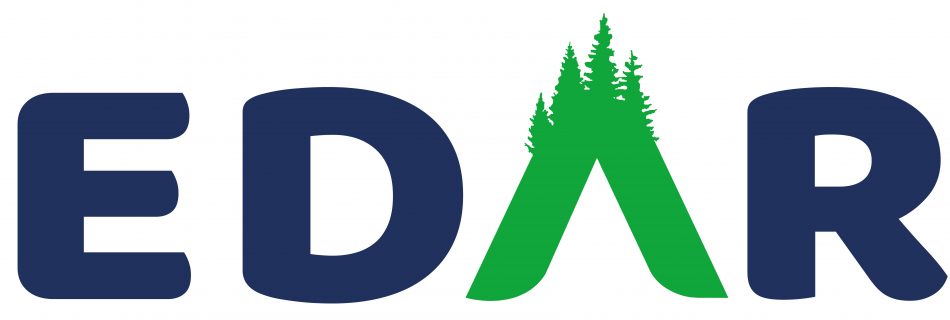2023 Culture, Employment and Development in Academic Research Survey (CEDARS) is now live!
The University is running CEDARS from 11th April to 26th May 2023. This is your opportunity to influence research culture and researcher development at Westminster. What is CEDARS? Designed in collaboration between Vitae, researchers, and researcher developers across the HE sector in the UK, CEDARS seeks to gather the thoughts and experiences of researchers around …








